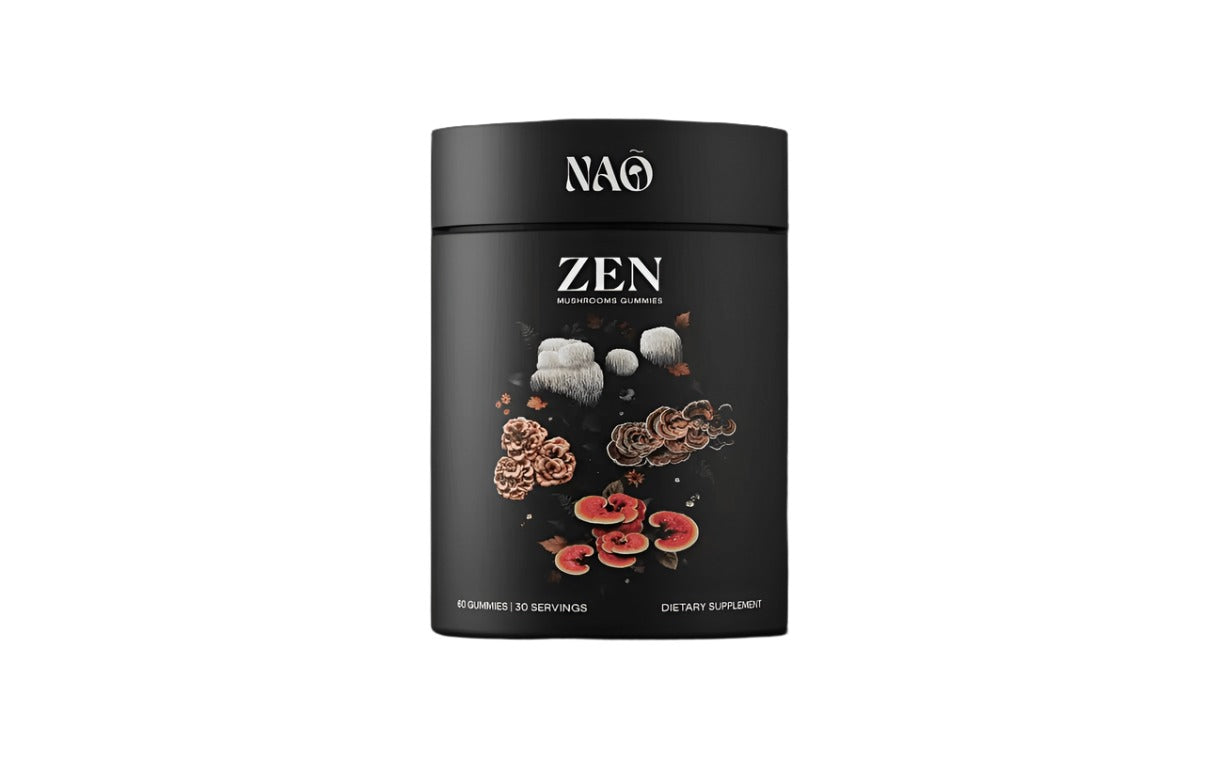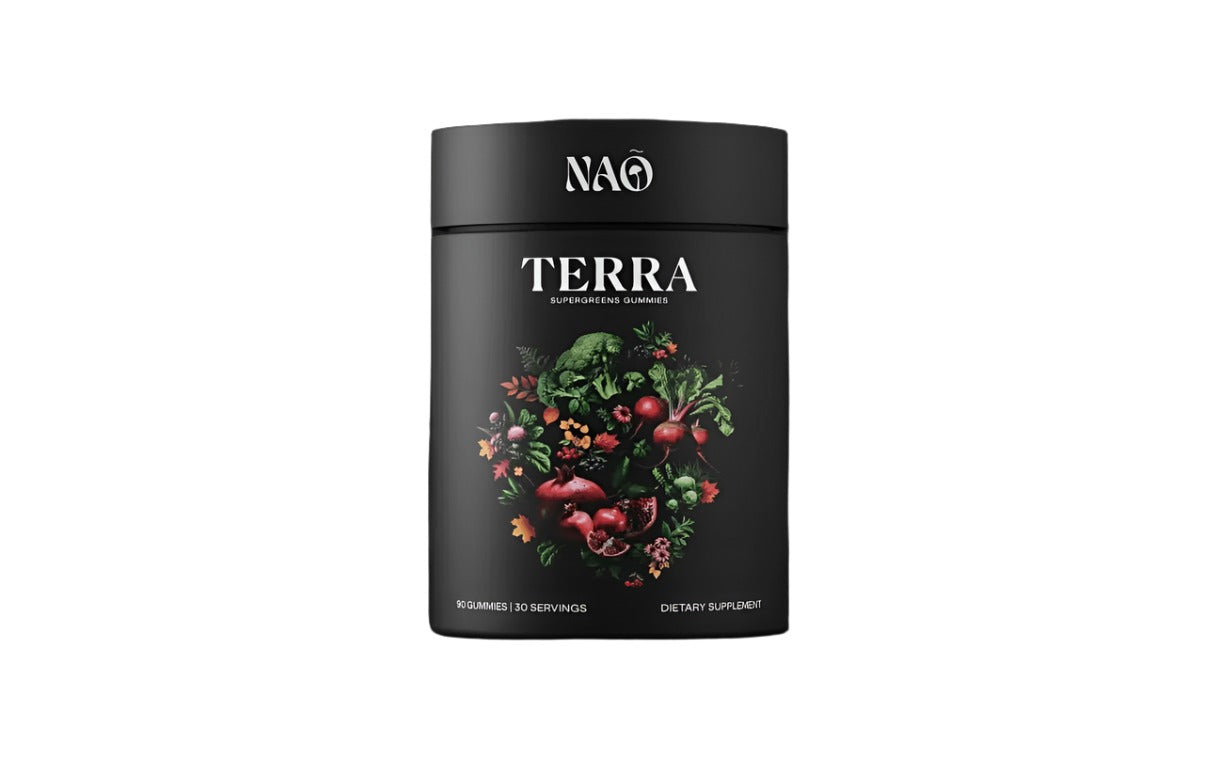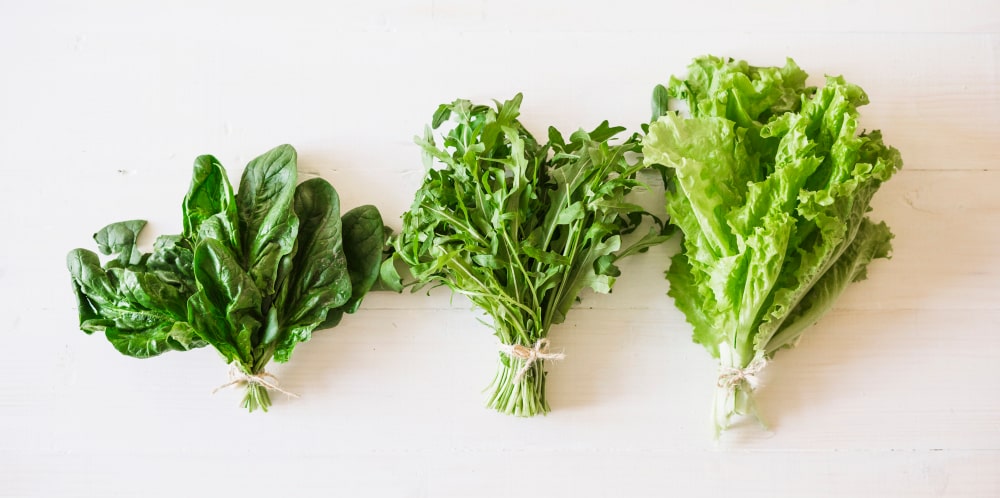Bloating is uncomfortable and frustrating; it usually emanates either from poor digestion or gas build-up in the body. That’s why a majority of people often ask: do greens help with bloating? And the answer is yes! Some leafy vegetables such as spinach, kale, and arugula contain much fiber. These play a key role in improving digestion.
Fiber regulates your bowel movements and encourages the growth of good bacteria within your gut. This can lessen bloating because it keeps your digestive system moving right along. Plus, probiotic greens are very water-dense, which does help to hydrate your body and rinse out surplus salt-the other bloating perpetrator.
More so, leafy greens can be partly responsible for ensuring your gut is in good overall health. Vegetables are rich in loads of nutrients and antioxidants that keep digestion going and lighten the process of taking and absorbing food down the body’s pathway.
If you are looking for a natural method to keep bloating at bay, then greens rank as one of the best options. These foods work to improve digestion, aid your gut health, and make you feel just that bit lighter and more comfortable. Let’s learn more about some amazing greens in the article and give your gut what it needs.
How Greens Can Improve Digestion
The first question: what do greens do for you? Adding greens to your diet will go a long way in improving digestion by reducing bloating. These vegetable nutrients contain much-needed vitamins and minerals, and are predominantly packed with fiber, an element needed in keeping your digestive system running normally. Let us see how the nutrients and fiber in greens will go a long way to good gut health.

Nutrients in Greens That Support Gut Health
Leafy vegetables are a powerhouse of nutrients vital for gut health. An example includes magnesium, which is contained in vegetables like spinach and kale. It relaxes your digestive tract’s muscles, thus making digestion a little easier. Another nutrient that greens contain is chlorophyll, which helps in detoxifying by eliminating all the toxins in your system. Secondly, green blends reduce inflammation, hence the soothing of the digestive system. These work together to create a healthy gut, therefore making digestion easier and less likely to cause bloating.
Fiber Content in Greens and Its Role in Reducing Bloating
Perhaps the most important constituent of greens with respect to digestive health is fiber. In both their soluble and insoluble forms, the fibrous content in greens plays a different role in the process of digestion. It works by absorbing water and turning into a gel-like substance in your gut, slowing down digestion and aiding in nutrient absorption; this can prevent the bloating that is often caused by rapid digestion.
The addition of insoluble fiber adds bulk to the stool, helping food move quickly through one’s system. This helps the bowels move regularly and reduces constipation, which is one of the major reasons people complain of bloating.
Greens added to your diet will ensure you get enough fiber that will help smoothen the gut and reduce some of the problems from the tummy.
Best Greens to Include in Your Diet for Bloating Relief
The next questions we are interested in: are super greens worth it? Adding the right green blends into your diet can go a long way in easing the discomfort of bloating and improving digestion. These leafy vegetables are rich in fiber and all the essential nutrients that make good gut health and help mitigate digestive discomfort with ease. Next, let’s take a closer look at the best probiotic greens you can include in your meal for bloating relief.

Spinach
Spinach really is a nutrient powerhouse, containing a number of essential vitamins and minerals for gut health. This includes a rich amount of vitamin A to support the lining within your digestive tract and vitamin C, which helps with nutrient absorption.
It is also rich in magnesium, a mineral that will help with muscle relaxation inside of your digestive tract, thus helping digestion move along more smoothly. The high fiber contained within spinach, both soluble and insoluble, helps regulate the bowels for smooth passage of food and thereby reduces constipation, which is a key causative factor for bloating.
Spinach is easy, versatile to fit into your diet. You could throw it into smoothies for that extra added boost, put it into fresh salads, or simply sauté it as a side dish. Its mild taste works well with a variety of dishes. That would make it the green for go-to digestive health benefits.
Kale
Kale is a kind of superfood because of its incredible nutrient profile and gut-friendly benefits. It is full of fiber, which aids digestion through the bulking of the stool and helps to prevent constipation. Kale is also rich in antioxidant and anti-inflammatory agents, such as vitamin K and quercetin, which help to regulate inflammation in the gut, letting digestion run smoothly and efficiently.
Kale also contains glucosinolates, compounds containing sulfur, supporting liver detoxification processes and encouraging healthy digestion for less bloating.
Kale can easily be added to meals, and there are several ways you can incorporate it: raw into salads, blended into smoothies, sautéed with garlic for a tasty side, or baked into crispy kale chips as a great snack. The robust texture of kale is also great in soups and stews.
Arugula
Arugula is a peppery-flavored leafy green that possesses distinctive benefits for digestion. One of the key features of arugula is to stimulate bile, which will enable the body to digest fats more appropriately and lighten digestion to prevent any possibility of bloating after intake.
Arugula contains a lot of chlorophyll, which acts in the detoxification process and cleans the digestive system, hence supporting gut health. More hydration comes from the high water composition in arugula, which would eventually help with less bloating by washing out excess sodium.
This is a really versatile leafy green, used in so many dishes. It serves as an excellent base for salads, with a strong flavor that works well to offset more delicate greens for bloating.
You can sprinkle it on pizzas, combine it with pasta dishes, or drop it into your sandwiches to give a real fresh peppery kick. Arugula, because of its unique taste and digestive advantages, serves just great for bringing something peculiar to the meal.
These vegetables-spinach, kale, and arugula-should be a part of your daily regime of meals, which one should take in to ensure proper digestion and avoid bloating for healthy guts. Actually, these vegetables are pretty easy to add into various dishes and, in fact, provide long-term benefits for your digestive system.
Tips for Incorporating Greens into Your Daily Routine
It does not have to be difficult to add more green blends into your diet. Whether for bloating or a general health improvement, there are some really easy ways to get greens into your meals with pretty minimal effort. Here are some practical tips that will help you enjoy health benefits from greens easily every day.

Adding Greens into Smoothies
Blending in a smoothie is one of the easiest ways to get greens into your body. Spinach, kale, and arugula-the three primary leafy greens-won't overpower the flavor of smoothies. It is fast and actually works against bloating.
Here is how you can add greens into smoothies:
- Use mild greens to start: Spinach is an excellent starter green due to its neutral flavor. Kale does work, but you will want to use a bit of fruit to balance out the stronger flavor.
- Combine with fruits: Greens for bloating are usually extremely bitter; hence, blend them with fruits that are usually sweet, such as bananas, mangoes, or berries. These fruits add flavor to your mixture and extra fiber for digestion.
- Use a liquid base: You can use water, almond milk, or coconut water for your liquid base. These light options help keep the smoothie hydrating, which can be helpful in reducing bloating.
- Add protein: Adding a source of protein will make your smoothie more of a balanced meal that will keep you fuller longer, such as Greek yogurt, protein powder, or chia seeds.
You can boost your fiber and other important nutrient intake significantly with a handful of greens added into that morning or post-workout smoothie, and with most of them, you will not even notice.
Cooking Methods to Maximize Benefits
Greens should be prepared in ways that maximize their nutrient content and minimize physical discomfort. Some greens can be bloated in the stomach if eaten raw due to the hard fibers, and proper methods of cooking could make them much easier to digest. Here is a way of cooking greens without compromising on their benefits:
- Light steaming: Arguably, this is one of the better ways of cooking greens, since it will retain their nutritional value while breaking down some of those tough fibers that cause bloating. Steaming spinach, kale, or arugula for a few minutes softens them without stripping away vital vitamins.
- Sautéing: The trick could be to saute ́ greens in a bit of olive oil with garlic-added, which is considered healthy cooking. This would, in return, make the green softer to digest, whereas heat would enhance the absorption of the fat-soluble vitamins A and K with the help of olive oil.
- Blanching: This is a technique of briefly submerging the greens in boiling water and then immediately putting them into cold water to maintain their colour and enhance the nutritional content. In addition, it is done to prepare the leaves in advance for a salad or a side dish.
- Avoid overcooking: Overcooking greens can lead to a loss of nutrients and flavor. Keep the cooking time short to retain the maximum benefits while making them easier on your digestive system.
By doing so, you make sure within your routine that you get the full gamut of health benefits from the greens for bloating while ensuring that anything too uncomfortable for digestively symptomatic issues is minimal. Whether raw or cooked, these greens can easily be an enjoyable part of your daily meals.
So, do greens help with bloating? Let’s sum up. Greens are the powerhouse of gut health and reduced bloating. Packed with essential nutrients like magnesium and chlorophyll, and high in soluble and insoluble fiber, greens will help to regulate digestion, improve bowel movements, and support the growth of healthy bacteria within your gut.
Adding greens like spinach, kale, and arugula to your diet can help rid you of that bloated feeling and promote healthy digestion. Blend them in smoothies, quickly cook them, or sauté with a light method-the addition of greens into your daily routine naturally keeps the gut healthy and comfortable.













